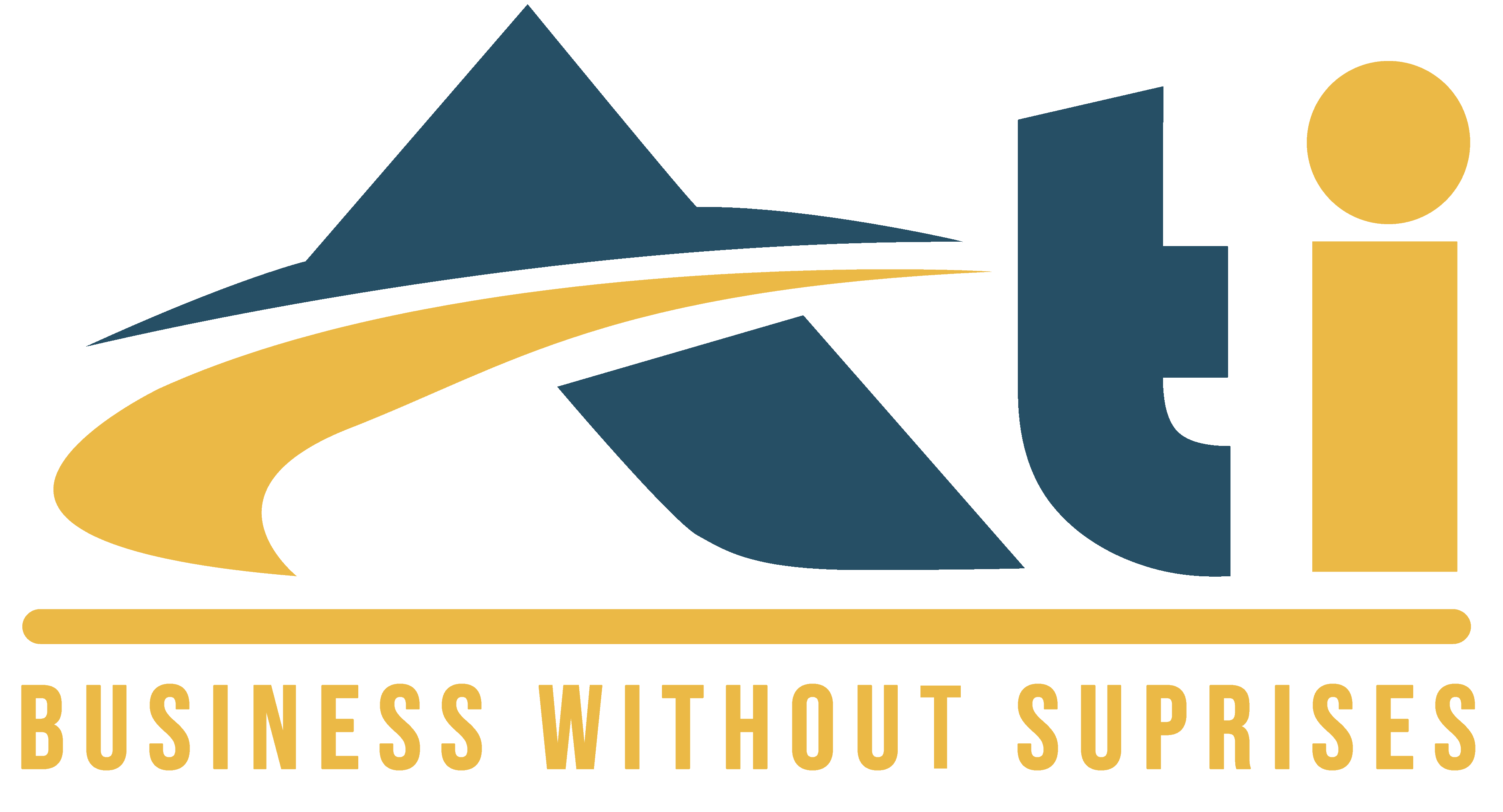The COVID-19 pandemic is impacting importers and manufacturers all around the world. Factories have had to face multiple shutdowns and reopens across Asia.
The pressure on supply chains is immense and at times like these the quality of products and in house QC processes can easily be neglected in order to ship products on time. We will bring to light some risks and solutions in order to ensure that quality products are being shipped once lockdowns around the world are over. The reality in supply chains has changed drastically and being boots on the ground we have seen first-hand what the conditions are like
What are current issues in the supply chain?
When the virus was at its peak, there were areas in China which were unreachable. Production had been stopped and shipments were put on hold. China is slowly moving towards normalization of operations however there are some key issues that one should understand in order to make quicker decisions.
Labor Shortage:
Factories have been unable to get all their employees back because of health issues and continued travel restrictions between provinces. Factories may turn to local labor which would require training. Factories may also subcontract part of their workforce to contractors.
Production Planning issues:
After factories reopen, they may not be able to work at full capacity. This would make it difficult for them to plan production and meet targets. It is important for you to find out how many people are actually in the factory, also the current daily output.
Rushed Production:
When factories start operating normally, they will have to make up for lost time and will try to speed through production. Rushed production can cause heavy burden on the quality control department and some defects may be overlooked. This can result in a shipment full of defected products.
Stock storage:
Goods produced pre-pandemic which had to be stored in warehouses may have deteriorated in quality due to unsatisfactory conditions and improper upkeep. Factories warehouses may also be filled to the brim with cancelled and unshipped orders. Due to humidity in South East Asian countries, there is a serious risk of mold development.
Shortages of Raw material:
A recent example of this is the non-woven melt blown fabric used to make masks. Low quality fabric with inadequate bacterial efficiency is being passed off as high quality since there is a major shortage of raw materials due to demand. Factories across China have reopened and raw material demand is very high.
What can importers do to reduce quality and compliance risks?
Importers who had orders ready pre-pandemic should have a pre-shipment inspection conducted. The goods have been in storage for a long time and a pre shipment inspection would ensure that the packaging and contents are defect and mold free.
Some factories in China had to shut down midway through production, products which were at different stages of production had to left as they were. Factories will undoubtedly try to reduce lead times and speed up production of semi completed products. Due to added pressure there may be defects which are overlooked.
To reduce the time, it takes for quality inspections, we recommend our customers to conduct In-Line Inspections or During Production Inspections (DUPRO). This would also ensure the factory follows its internal quality control rules, while the importer receives daily reports of ongoing QC issues in the factory. If there are no major issues with the quality of the products while conducting these inspections, the goods can be shipped without a delay caused by a PSI.
Factories may not provide accurate information to its customers since they want ship products. Some of the biggest exporters of soft lines in Pakistan were operating their factories illegally without the approval of the local government. It may prove difficult for importers to understand what the real situation is in the factories. An IPI or DUPRO would ensure that the factories are not operating illegally. In order to shorten lead time factories may also break social compliance laws and take advantage of their workforce.
Conclusion
It is yet to be seen what long term impact the pandemic has on supply chains around the world. We will try our best to keep our customers updated regarding the situation.
At ATI our network spans across 8 countries and are fully aware of quality control and social compliance issues in each of these countries. Our positioning allows us to report to you the conditions and ensure the quality of your products. With our experience in quality control and manufacturing processes, we would try to help our clients as best we can.
